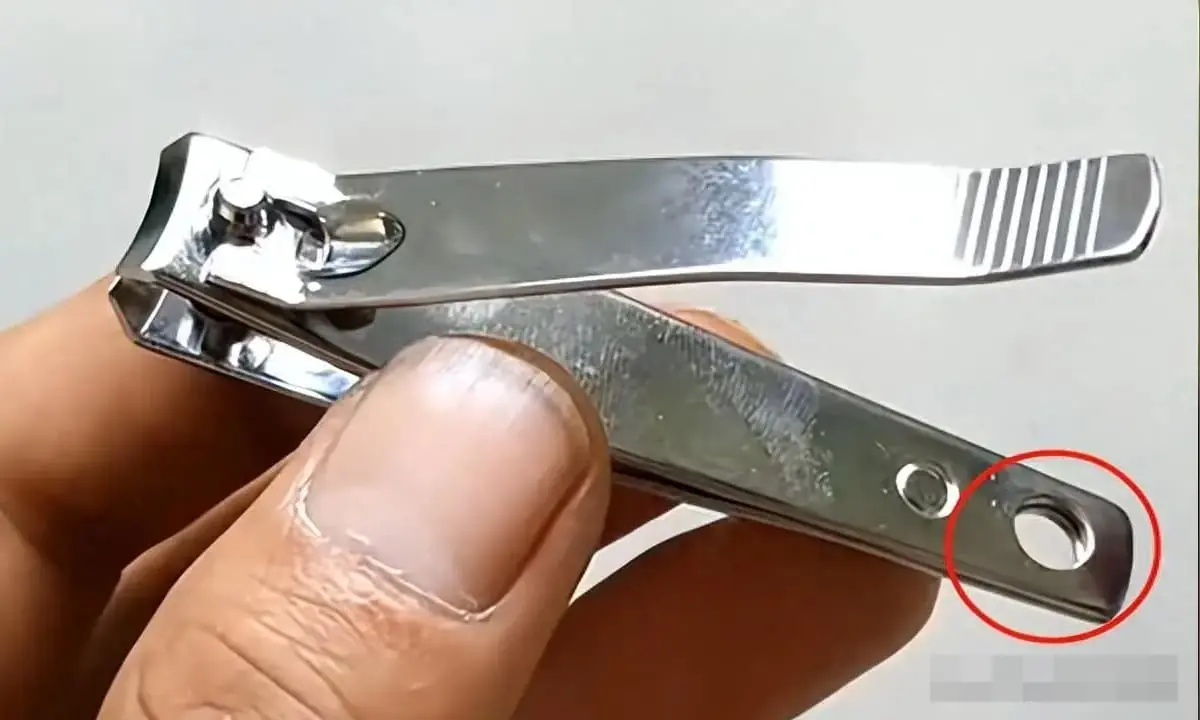
Pour this into the kitchen sink, and the grease clogging the pipes will dissolve completely—clearing the blockage and eliminating bad odors at the same time.

A clogged kitchen sink caused by grease buildup is a common household nuisance that can lead to unpleasant odors and plumbing issues. Many homeowners struggle with greasy residues sticking inside pipes, causing water to drain slowly or even stop completely. However, a simple and cost-effective solution exists that can quickly dissolve grease, unclog drains, and neutralize foul smells without harsh chemicals or expensive plumbing services.
Why Does Grease Cause Sink Clogs?
Grease and cooking oils are liquid when hot but solidify as they cool. When poured down the sink, they cling to the interior walls of pipes, gradually accumulating into thick layers of sticky residue. Over time, these layers narrow the drainage path, trapping food debris and causing blockages. These blockages not only slow drainage but also create an environment ripe for bacterial growth, resulting in foul odors emanating from the sink.
Traditional drain cleaners often contain strong chemicals that can damage pipes or harm the environment. Therefore, natural and gentle remedies that effectively tackle grease build-up have become increasingly popular among eco-conscious homeowners.
The Miracle Ingredient: Baking Soda and Vinegar
One of the most effective and natural ways to tackle grease clogs involves using baking soda (sodium bicarbonate) combined with white vinegar. This classic household duo generates a chemical reaction that produces carbon dioxide bubbles, helping to break down grease and clear blockages mechanically.
Step-by-Step Guide to Using Baking Soda and Vinegar to Clear Grease
-
Remove Standing Water:
If the sink is filled with water due to clogging, try to remove as much standing water as possible using a cup or bowl. -
Pour Baking Soda:
Pour approximately half a cup of baking soda directly into the drain. -
Add White Vinegar:
Slowly pour one cup of white vinegar down the drain. You will notice fizzing and bubbling as the substances react. -
Wait:
Let the mixture sit and work on the clog for 15 to 30 minutes. This resting time allows the chemical reaction to break down grease buildup and food particles. -
Flush with Hot Water:
Boil a kettle of water and pour it slowly down the drain to flush out loosened grease and debris.
Additional Natural Ingredient: Hot Water and Dish Soap
For tougher grease blockages, combining hot water with a few drops of dish soap helps to dissolve oily residues before using the baking soda and vinegar treatment.
Why Does This Method Work So Well?
-
Baking soda is a mild alkali that dissolves dirt and grease effectively.
-
Vinegar is acidic and reacts with baking soda to create agitation that loosens debris.
-
Hot water melts grease, making it easier to flush away.
-
Dish soap emulsifies grease, breaking it into smaller particles.
Other Benefits
Aside from unclogging drains, this method also deodorizes the sink by killing odor-causing bacteria without harsh fumes. It's safe for all types of pipes, including PVC and metal, and is environmentally friendly compared to chemical alternatives.
Tips to Prevent Future Grease Clogs
-
Avoid pouring cooking oils and grease directly down the sink. Instead, let them cool and dispose of them in the trash or recycle containers.
-
Use a sink strainer to catch food particles.
-
Regularly clean drains with baking soda and vinegar to maintain free-flowing pipes.
-
Flush drains weekly with boiling water.
When to Call a Professional
If blockages persist despite these treatments or if multiple sinks are affected, it may indicate a deeper plumbing issue requiring expert assessment.
Expand: The Science Behind Grease Build-up and Plumbing Issues
Grease is hydrophobic, meaning it repels water and does not dissolve easily in it. When hot grease enters the cold pipes, it solidifies and adheres firmly to pipe walls. The layering effect over months creates severe narrowing, which traps other materials such as food scraps and soap residue. This buildup can also lead to pipe corrosion, increased plumbing pressure, and eventually pipe bursts if ignored.
Bacterial colonies thrive in these greasy layers, breaking down organic material anaerobically and producing sulfurous compounds responsible for foul odors.
Additional Natural Remedies for Grease Clogs
-
Salt and Baking Soda: Salt's abrasive texture can help scrub pipe interiors when combined with baking soda. Pour a mixture of ½ cup salt and ½ cup baking soda into the drain, wait 30 minutes, then flush with hot water.
-
Lemon Juice: After cleaning, pour lemon juice to freshen the pipes with a natural citrus scent and enhance the cleaning effect due to lemon's mild acidity.
-
Enzyme Drain Cleaners: These bio-friendly cleaners use enzymes to digest organic matter and are excellent for maintenance but work slowly compared to baking soda and vinegar.
Environmental Impact and Safety Considerations
Chemical drain cleaners can be harmful to the environment, releasing toxic substances into water systems and damaging septic tanks. The baking soda and vinegar method is biodegradable, safe for pets and children, and protects plumbing infrastructure.
News in the same category


Family's Thyroid Tumor Discovery: A Cautionary Tale About Excessive Iodized Salt and Soy Sauce Consumption

Texas Woman D!es After Using Contaminated Tap Water for Sinus Rinse
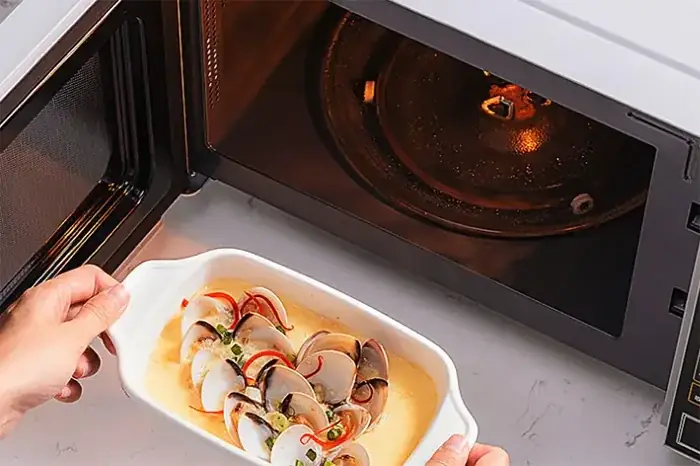
4 Foods You Should Never Reheat: Health Risks Explained

Why Some Train Toilets Discharge Waste Directly onto Tracks
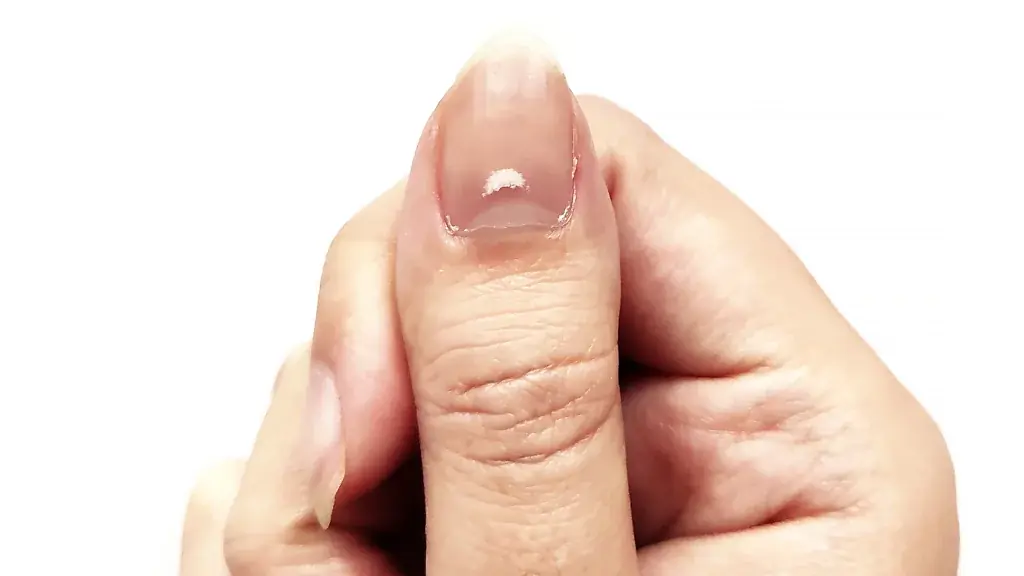
What Your Fingernails Reveal About Your Health: Insights from Experts

The Surprising Ages When Aging Speeds Up – What Scientists Have Discovered
A new study reveals that aging spikes at two specific ages, 44 and 60, and scientists have uncovered what happens to your body at these times. Learn the surprising results and what you can do to adjust.

Study Finds Sleep Habits Could Increase Your R!sk of Premature Death by 29% – Here’s Why
A new study reveals that poor sleep habits may increase the r!sk of premature de@th by up to 29%. Discover the sleep patterns linked to this danger and how you can improve your sleep health.

Expert Reveals Why Sleeping Without Clothes in Hot Weather Might Be a Bad Idea
Discover why sleeping without clothes during hot nights may not be as cooling as you think. Learn expert advice on how to sleep better in the heat.

New Study Reveals Alarming Rise in Anal C@ncer and Who’s Most at R!sk
A new study highlights a concerning rise in an@l canc3r cases, particularly among women over 65. Learn about the risk factors and what you can do to reduce your chances.
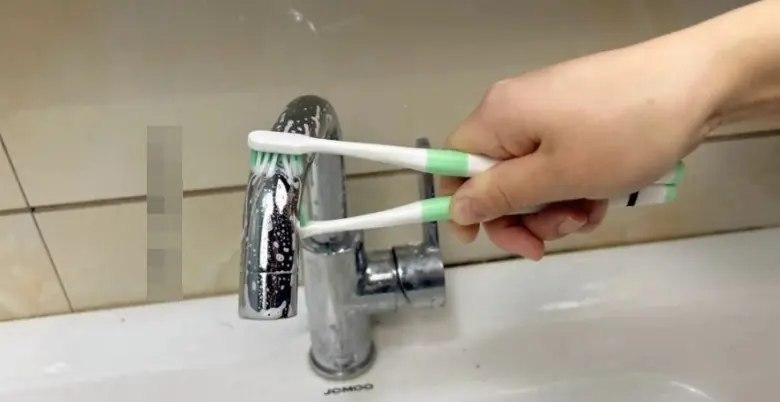
Ingenious Uses for Old Toothbrushes: 5 Surprising Household Hacks

4 Feng Shui Mistakes: Where Placing a Broom Brings Bad Luck

5 Key Symptoms You Should Never Ignore – A Doctor’s Warning on Rising C@ncer Risks in Young People
Discover the five cr:u:cial symptoms that could signal serious health conditions like bowel c@ncer, which is rapidly affecting young adults. Early detection is key to saving lives. Learn more now.

Why do many families hang water-filled plastic bags at their door stepsevery summer? The surprising science behind it
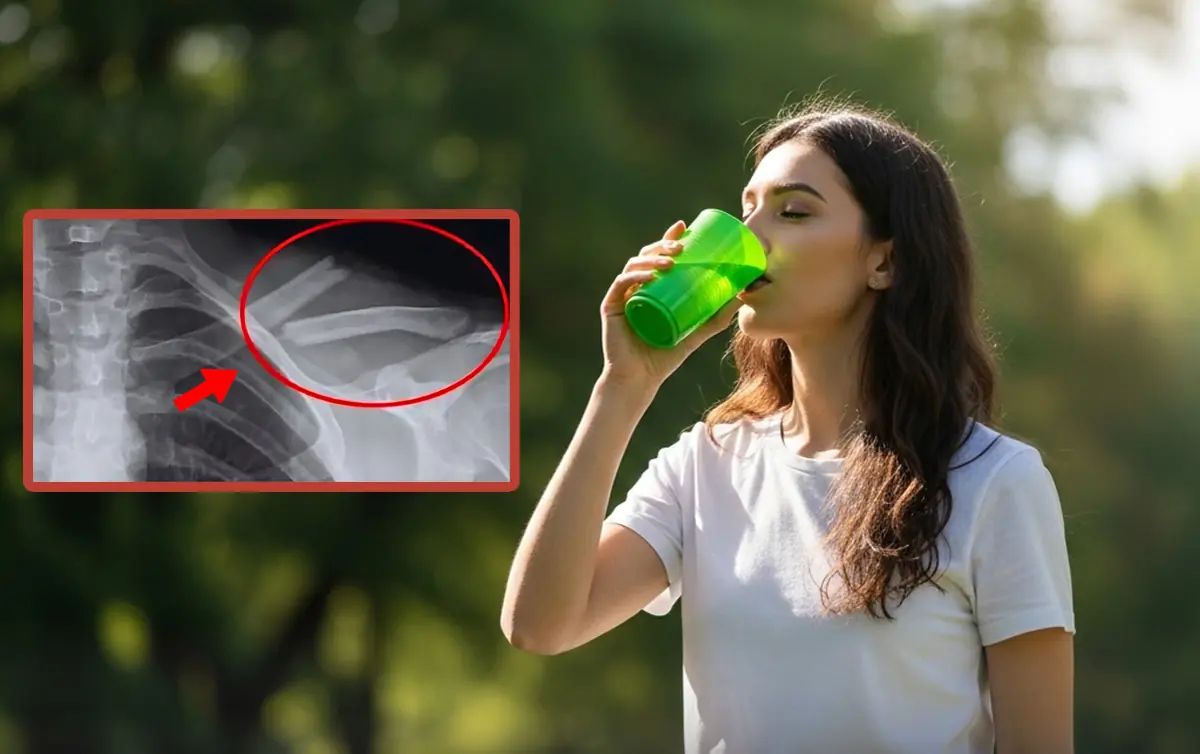
8 H@rmful Effects of Soda on Your Health You Should Know
Discover the shocking health risks of soda, including weight gain, bone deterioration, and cardiovascular disease. Learn why you should limit your soda consumption and what to drink instead.

How Your Feet Could Be Signaling Heart Problems: What You Need to Know
Discover the surprising connection between swollen feet and heart disease. Learn how your feet can signal heart and artery problems and what steps you can take to improve your cardiovascular health.
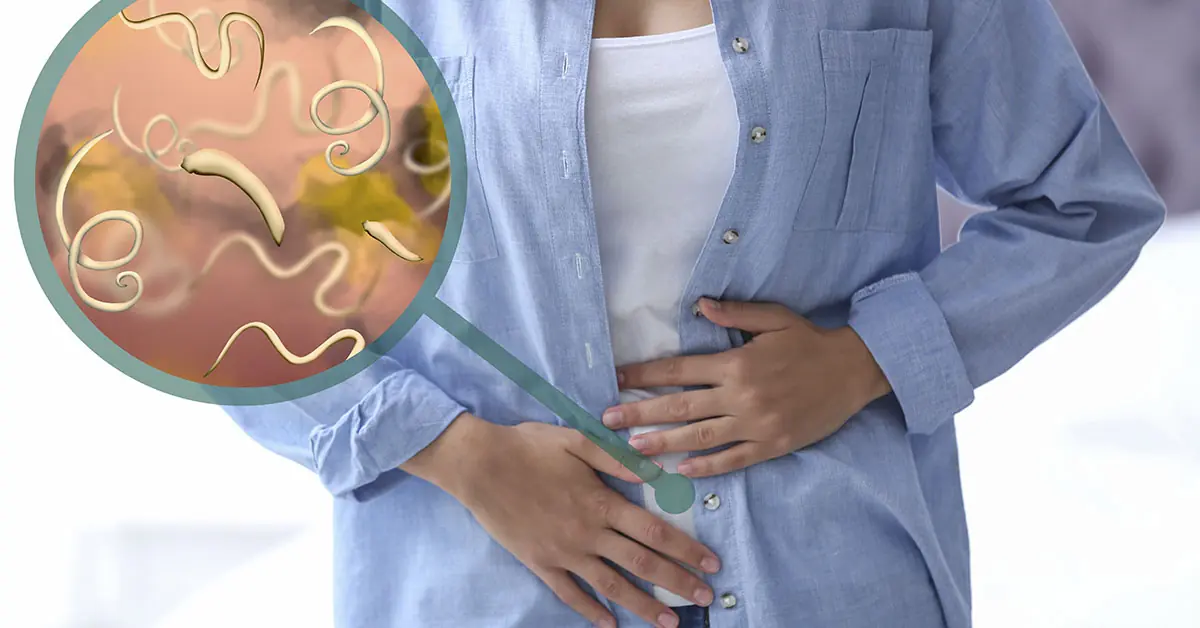
10 Surprising Signs You Might Have a Parasite & How to Get Rid of It
Wondering if you have a parasite? Discover the 10 most common signs and learn how to safely treat parasitic infections with natural remedies and medical treatments. Protect your health today!
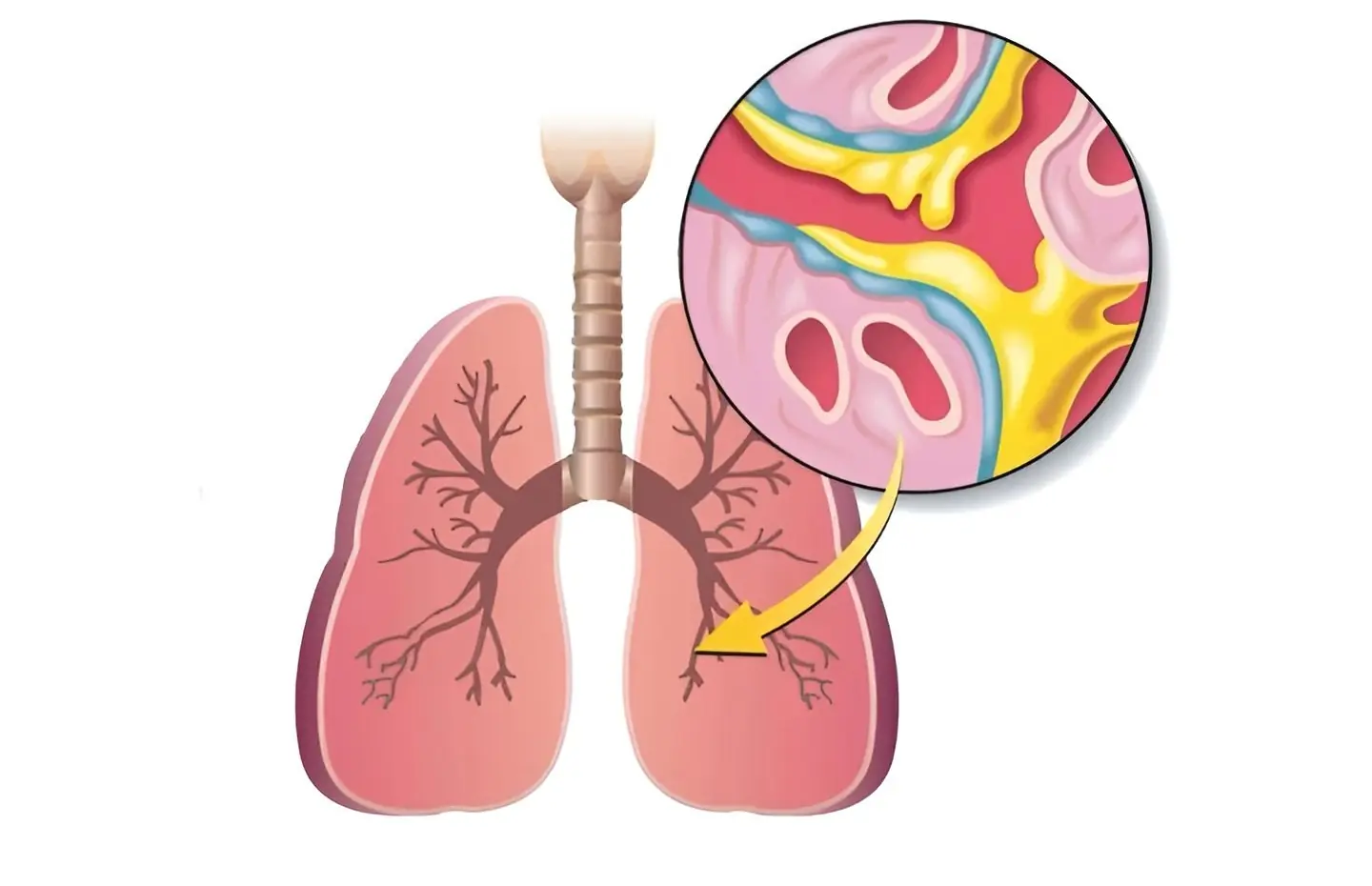
10 Natural Ways to Clear Che$t Congestion and Get Rid of Mucus Fast
Struggling with chest congestion? Discover 10 natural and effective ways to clear mucus and ease your symptoms, including home remedies, decongestants, and lifestyle tips.

Ancestors taught: if you want to be rich, throw away 3 things quickly, hold on to 3 things tightly, and you will have a prosperous life.
News Post

The Hidden Function of the Small Hole in Your Nail Clipper

Family's Thyroid Tumor Discovery: A Cautionary Tale About Excessive Iodized Salt and Soy Sauce Consumption

Texas Woman D!es After Using Contaminated Tap Water for Sinus Rinse

4 Foods You Should Never Reheat: Health Risks Explained

Why Some Train Toilets Discharge Waste Directly onto Tracks
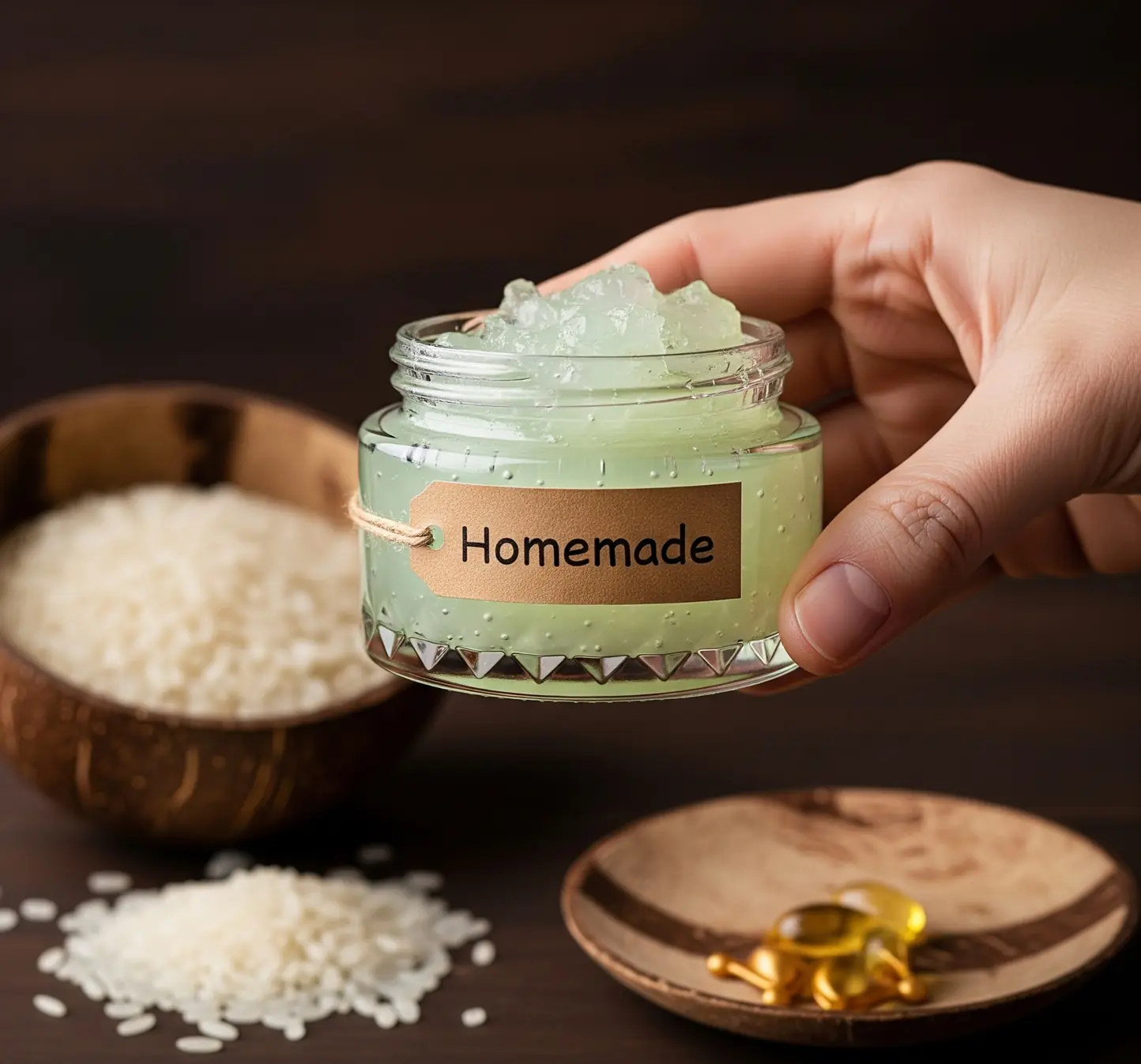
Easy Homemade Rice Gel: The Ultimate DIY Face Cream for Hydrated, Glowing Skin
With its powerful combination of rice, aloe vera, vitamin E, and tea tree oil, this cream not only nourishes the skin but also helps brighten dark spots, reduce fine lines, and promote youthful, glowing skin.
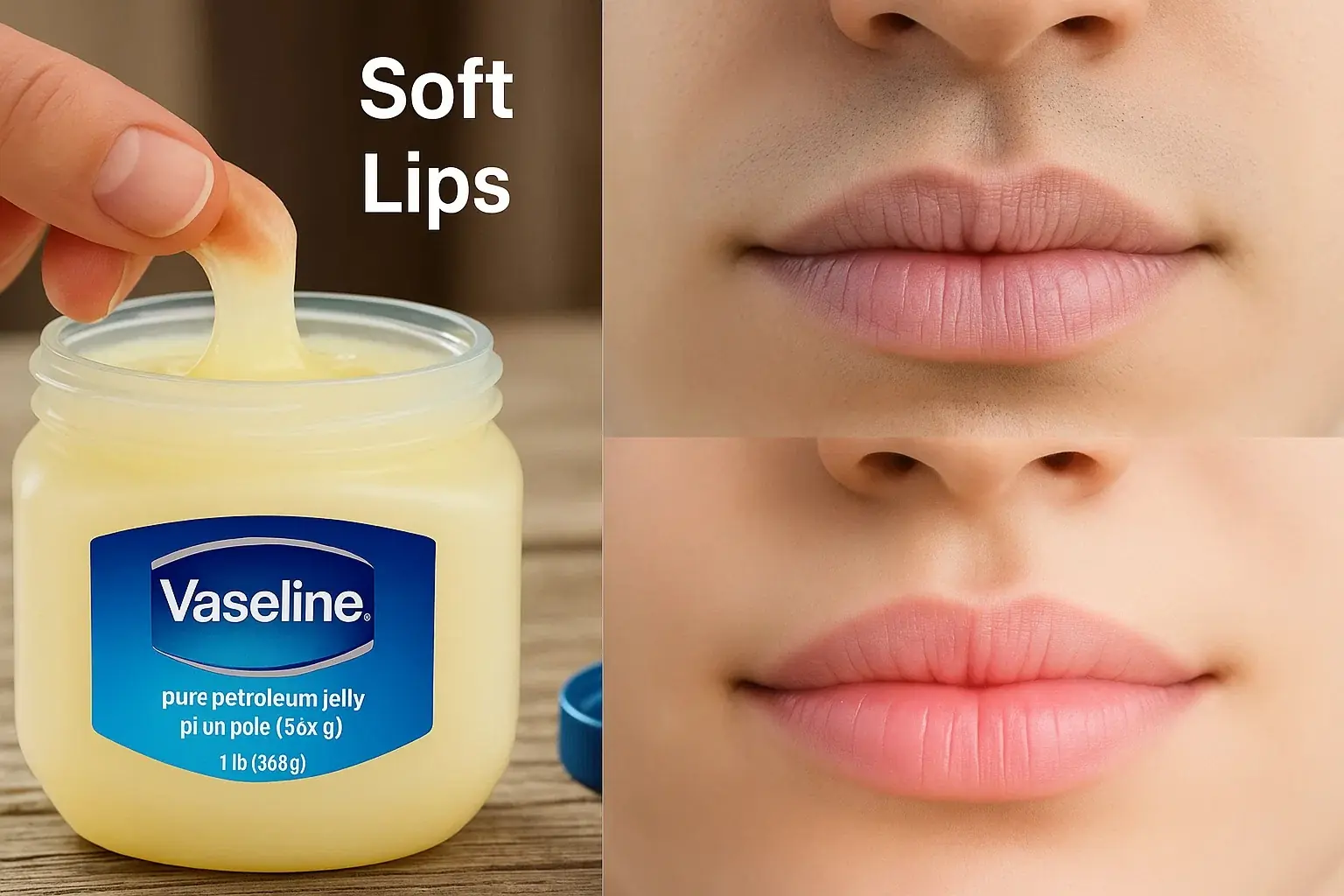
10 Effective Ways to Get Soft, Pink Lips Naturally: Proven DIY Remedies for Flawless Lips
By incorporating simple, effective DIY remedies into your routine, you can nourish, hydrate, and brighten your lips while enjoying the beauty of nature’s ingredients.

What Your Fingernails Reveal About Your Health: Insights from Experts

Fenugreek Water for Weight Loss: Methi Water Benefits and DIY Recipes
Fenugreek is a natural, affordable, and effective solution for promoting healthy weight loss and improving overall health.

A Heartwarming Flight: How Strangers Came Together to Help a De@f-Bl!nd Passenger
n an Alaska Airlines flight, a de@f-bl!nd man named Tim experienced extraordinary kindness from strangers - including a 15-year-old girl who used ASL to communicate. This inspiring story will restore your faith in humanity.

DIY Flaxseed Collagen Night Gel: A Natural Remedy for Hydrated, Youthful Skin
By harnessing the power of flaxseeds, aloe vera, and vitamin E, this DIY treatment helps to nourish, hydrate, and protect the skin, all while stimulating collagen production for long-term skin health.

The Great Depression: How the 1929 Market Cra$h Reshaped the World
The 1929 market crash sparked the Great Depression, reshaping the world for decades. Explore its impact! ❤️📉

Unveiling the Real Woman Behind "Aunt Jemima": The Legacy of Nancy Green
Discover the powerful, untold story of Nancy Green, born into slavery, who rose to national fame as the original "Aunt Jemima." Learn about her resilience, contributions, and why her true legacy deserves to be honored.
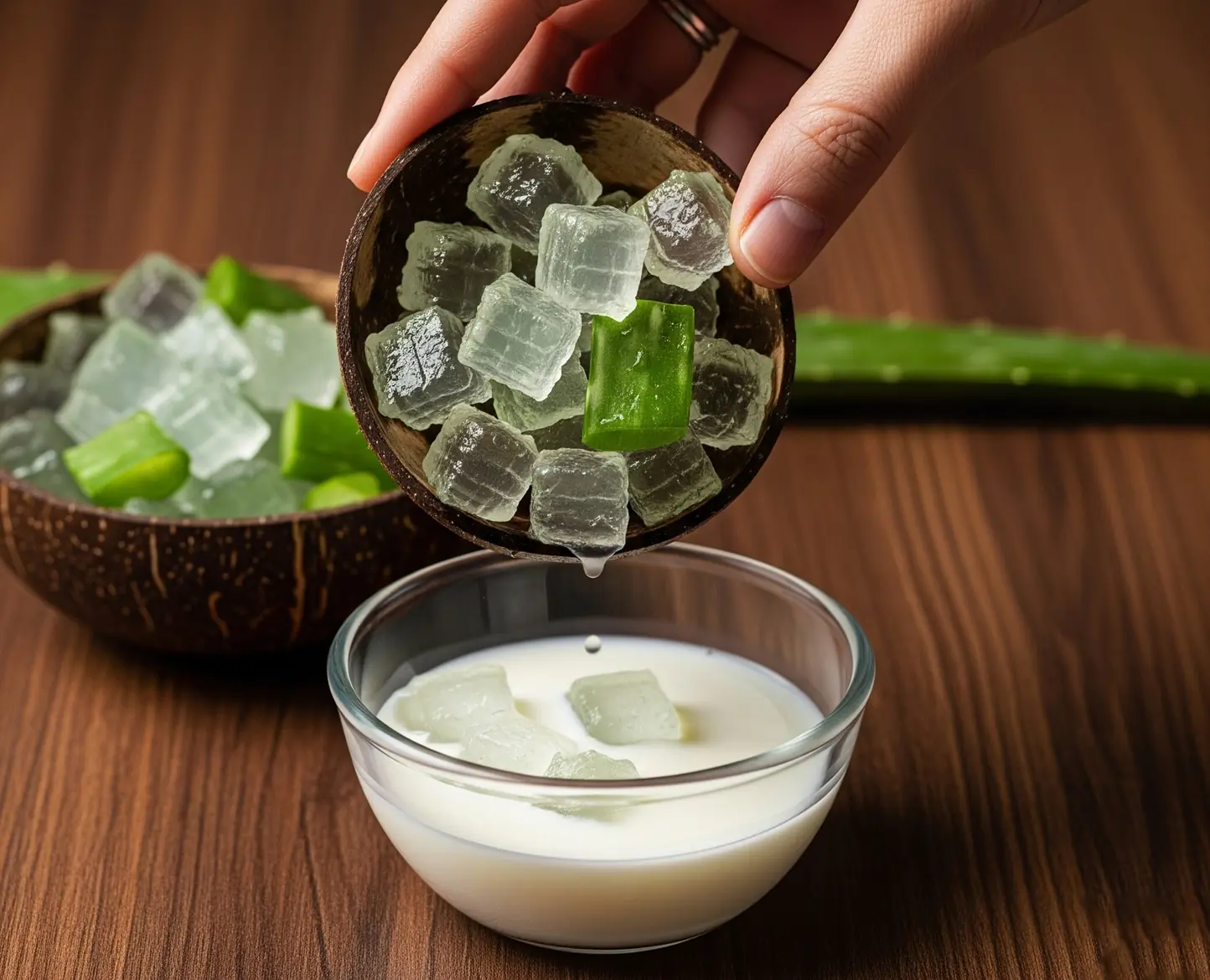
5 Ways To Use Aloe Vera Gel For Glowing, Flawless Skin
Apply these masks and serums 2–3 times a week, and complement your skincare efforts with a healthy diet and plenty of water.
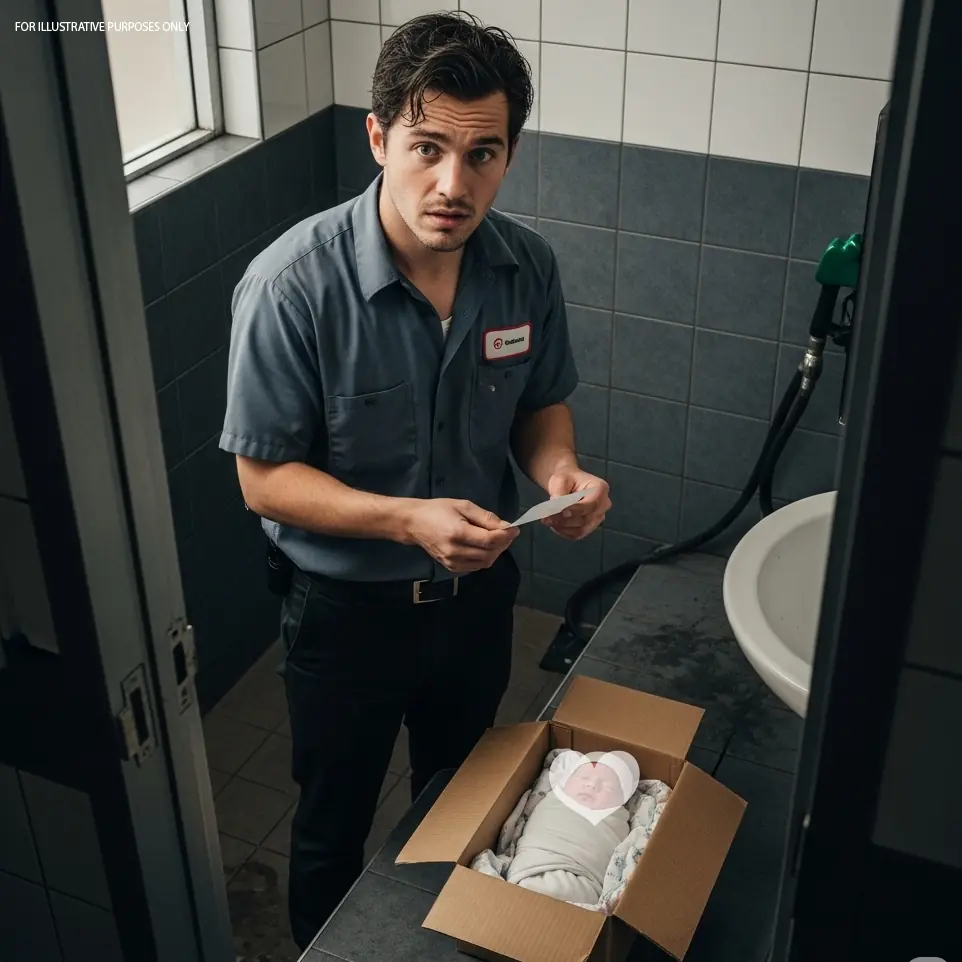
GAS STATION WORKER FINDS ABANDONED BABY - THEN FATE DELIVERS A MIRACLE
A man discovers a newborn abandoned in a box, setting the course for a journey of love, sacrifice, and healing. This story explores the transformative power of family, compassion, and second chances.
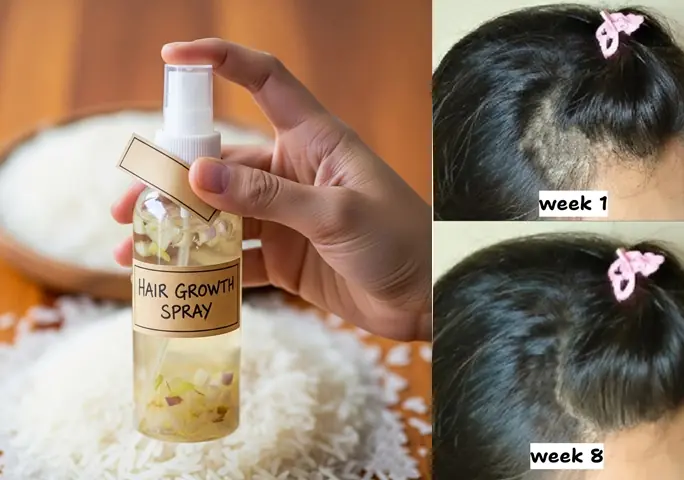
DIY Onion Rice Hair Mask To Boost Hair Growth
This simple, affordable treatment can be easily added to your regular hair care routine for noticeable improvements over time.

The Surprising Ages When Aging Speeds Up – What Scientists Have Discovered
A new study reveals that aging spikes at two specific ages, 44 and 60, and scientists have uncovered what happens to your body at these times. Learn the surprising results and what you can do to adjust.

Study Finds Sleep Habits Could Increase Your R!sk of Premature Death by 29% – Here’s Why
A new study reveals that poor sleep habits may increase the r!sk of premature de@th by up to 29%. Discover the sleep patterns linked to this danger and how you can improve your sleep health.

Expert Reveals Why Sleeping Without Clothes in Hot Weather Might Be a Bad Idea
Discover why sleeping without clothes during hot nights may not be as cooling as you think. Learn expert advice on how to sleep better in the heat.

New Study Reveals Alarming Rise in Anal C@ncer and Who’s Most at R!sk
A new study highlights a concerning rise in an@l canc3r cases, particularly among women over 65. Learn about the risk factors and what you can do to reduce your chances.